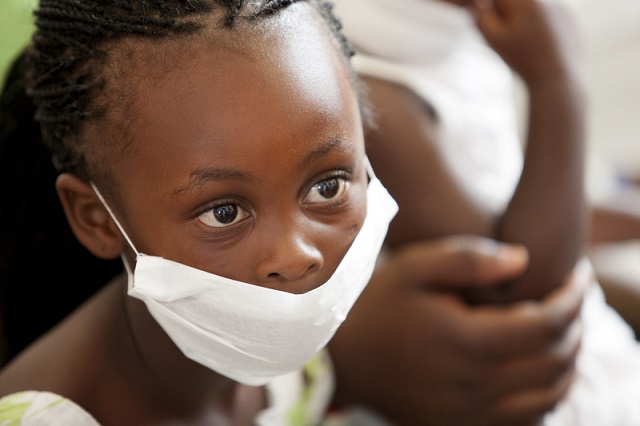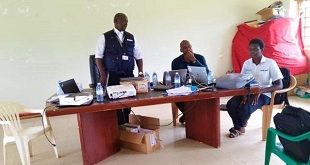
Children with mild TB will be treated for four months while those with severe TB will be treated for six months using new drugs
Kampala, Uganda | THE INDEPENDENT | The World Health Organization-WHO has reduced the treatment period for Tuberculosis in children.
Previously, children who tested positive for TB had to undergo a six-month treatment regimen for mild and moderate cases and 12 months for severe cases of the disease.
According to the new guidelines released ahead of World TB celebrations on March 24, children with mild TB will be treated for four months while those with severe TB will be treated for six months using new drugs.
The guidelines are supposed to reduce the duration of treatment so as to increase the number of children who complete treatment and also introduce non-evasive diagnosis techniques.
According to WHO, 1.1 million children are infected with TB annually. Half of these, around 550,000 are below five years of age, with around 275,000 of them being started on treatment and less than half of them completing their treatment regimen.
Dr. Kerri Viney, the team leader of vulnerable populations at the Global TB Programme at WHO says the new guidelines are aimed at making it easy for parents and also health workers to look after children suffering from TB.
“Shortening the treatment period will allow children and adolescents with less severe forms of TB to resume school and their normal lives early. Short treatments will also save costs for affected families and health care systems,” she said.
According to the ministry of health, over 150,000 cases of TB are detected in children annually. However, only 612 children receive treatment and of these few adhere to treatment.
The program manager of the National Tuberculosis and Leprosy Control Programme(NTLP), Dr. Stavia Turyahabwe says the new guidelines will be an added motivation for parents to ensure that their children complete the treatment on time.
In addition to the above, the new guidelines also include diagnostics of the disease. Health workers are now being recommended to use non-invasive specimens such as stool using Rapid Molecular technologies to test for the disease.
Previously children had to undergo a skin or blood test, chest x-ray, or sputum tests to diagnose the disease. The guidelines also recommend the use of two new drugs; bedaquiline and delamanid to treat drug-resistant TB. The drugs can be taken orally which scientists say will reduce on side effects of other injectable treatments like deafness.
*****
URN
 The Independent Uganda: You get the Truth we Pay the Price
The Independent Uganda: You get the Truth we Pay the Price

